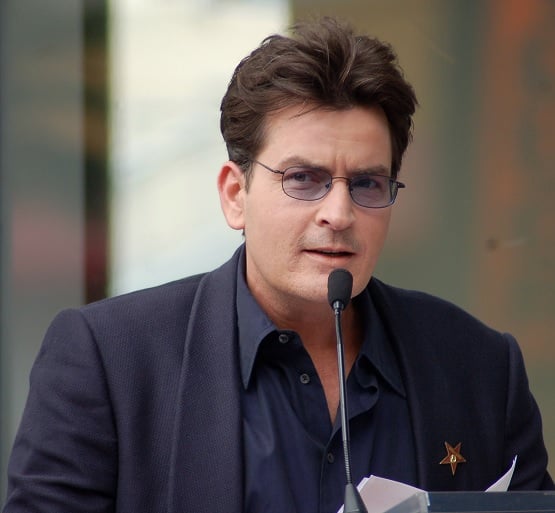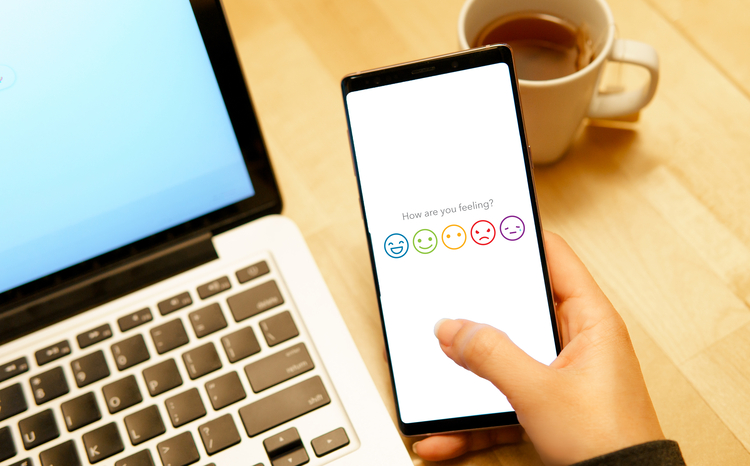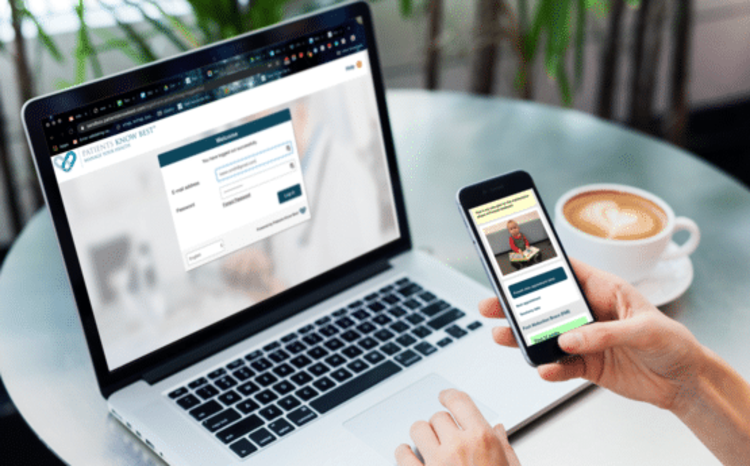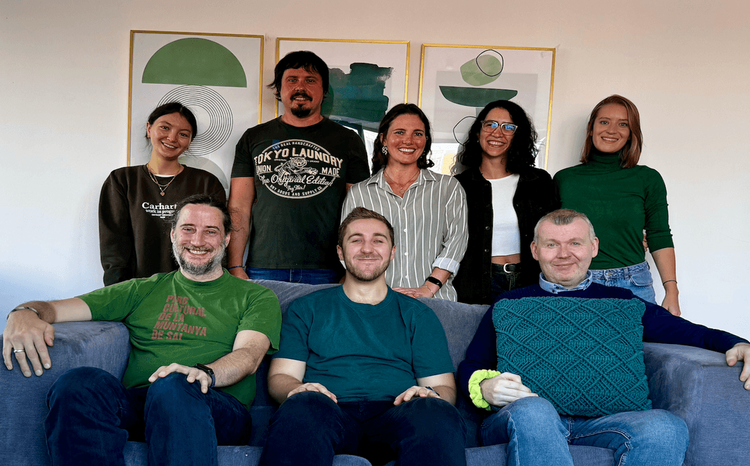The CCIO Interview: Joe McDonald, Northumberland, Tyne and Wear
- 20 March 2017

Chair of the CCIO Network and regular Digital Health columnist, Dr Joe McDonald, was in the hot seat for the CCIO interview. Down in London from his usual role as CCIO and consultant psychiatrist at Northumberland, Tyne and Wear NHS Foundation Trust, he told Digital Health News about the Great North Care Record and why he’s not excited about big data.
Why did you become an NHS CCIO?
I wanted to make enough data flow so I could find a cure for schizophrenia. That’s really naïve but it’s why I got into it. That is really cheesy but that’s really why I did it!
Within your organisation, what is the most significant digital achievement of the past 12 months?
The signing of data sharing agreements across the north east and north Cumbria for 3.6 million citizens, and the roll out of MIG.
What will be the most significant of the next 12 months?
The design of the Great North Care Record.
What’s the biggest barrier to being a more effective CCIO?
Time and money.
What’s the biggest barrier the NHS faces overall in achieving digital transformation?
It’s the fact it’s not a national health service, we’re many small health services so the biggest challenge is the interoperability between all the systems.
If you have one piece of advice for other NHS CCIOs, what would it be?
Join the network if you haven’t already, go to network events, share your problems and share your successes.
Who in the NHS do you admire the most and why?
The nursing staff, putting up with really quite unusable health IT systems and are still managing to get the job done.
If you were given £30 million to spend on digital transformation within your trust, where would that money go?
I’d build a regional sharing platform and an open source mental health system and open source GP record.
What is the most over-hyped digital innovation in health?
Big data. People get over-excited by big data, I’m interested in little data.
I don’t want anonymised or pseudonymised data, I want little data with your consent.
What is the most under-rated digital innovation in health?
The telephone, it’s still a great communication tool, and we don’t use it nearly enough as we might.
And a few non-digital questions, what’s the worst job you’ve ever had and why?
I had a job putting peas in tins in a factory in Lincolnshire and it was mind-blowingly repetitive 12 hour shifts, six days a week. I’ve never done manual labour since.
If you could invite three people, alive or dead, to dinner who would they be?
Hippocrates, Keith Moon and Martin Luther King.
What’s the background image on your home computer?
It’s a yacht I sailed around Croatia last year.
What’s your favourite piece of technology at home and why?
Alexa, she’s fabulous, the Amazon echo. It’s unbelievable, I bought myself one for my birthday.
It’s a game changing computer interface.
If you could have any other job, what would it be?
Matthew Swindell’s job [Swindell is national director for commissioning operations and information at NHS England].
In a film of your life, who would play you?
Charlie Sheen.






2 Comments
you are right Joe, individuals need access to their little data on their little mobiles, but providers need access to big (smart) data so that in order to give people choice, performance can be accurately measured, and to help decision makers insight gained, what is the alternative? trust me Joe, the key to all of this is decent data model and this, in my personal and honest opinion, should be being driven at a national level
Michael is a rather fine character actor, but I don’t think he gave to the world what Martin did !
Comments are closed.